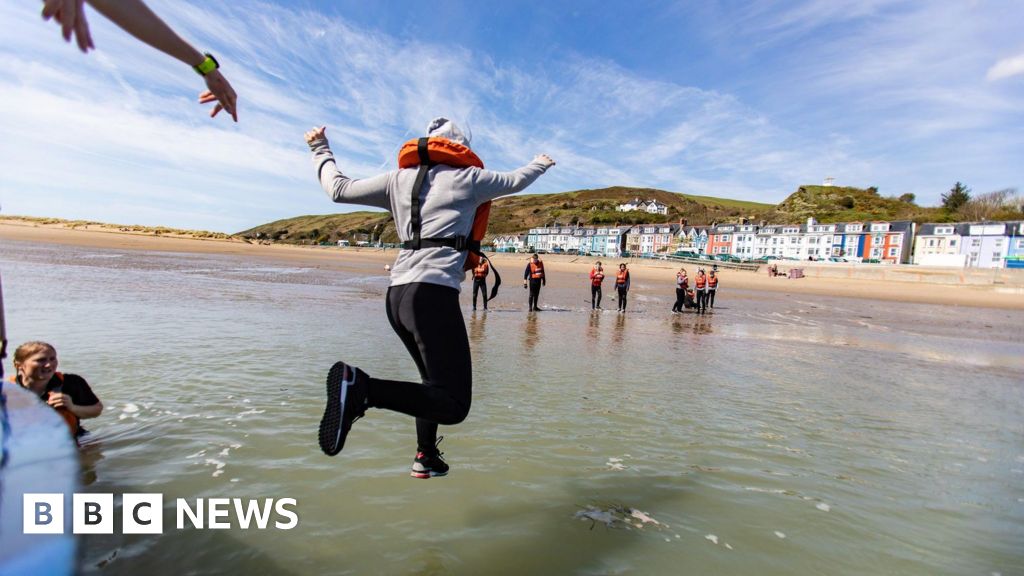daftandbarmy
Army.ca Dinosaur
- Reaction score
- 35,535
- Points
- 1,160
When I’m working with allied militaries and I have to explain how we work, I bring up the common training as a positive point.
Some have highlighted the “redoing from scratch” part, and the triplication of efforts having 3 schools teach the same thing.
Practically, how different is a Navy BMQ and an Army BMQ? Will recruits have to make their beds a different way? How much of those first X number of weeks will really carry forward past the second phase of their training?
I personally think that starting everyone off in the tri-service BMQ / BMOQ is a good thing, for the opposite effect that @Halifax Tar is suggesting. I’ve worked with the US military to realize that for a service the size of the CAF, we need to smash cultural stovepipes if they don’t make sense, and if you inculcate recruits into a specific service without showing them the broader picture (as in there are three inter-related services for most of the trades) then they get blindered going forward.
Frankly, my Army-like Basic training (as a Navy person back then) didn’t carry over once we swapped combats to NCDs for MARS II. What I would suggest is that the actual basics of BMQ get condensed into however many weeks, taught together, then the services all get an NETP-like “service-specific culture course”. Practically speaking, the Army already does this with Common Army Phase (if that’s still a thing) and I’m not totally sure the RCAF really needs it.
My 2c.
One of these days, maybe even Canada can train all of its Officers in the same place



